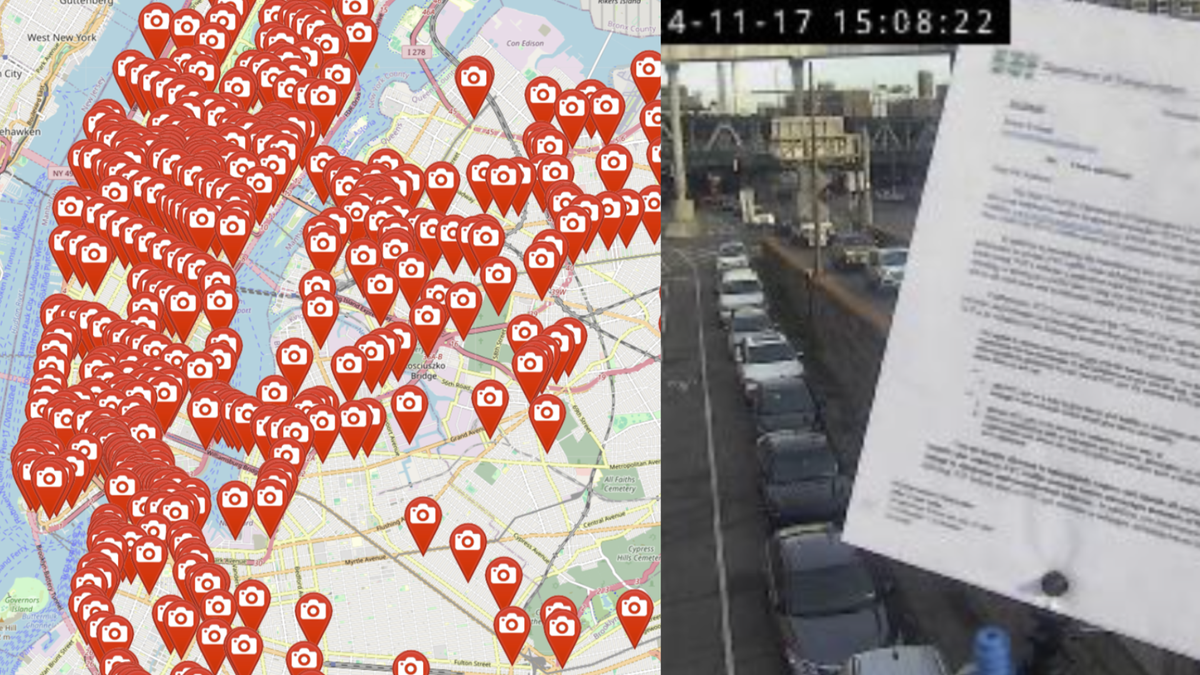

Yeah, that kind of thing requires reasoning, and it goes awry almost immediately. It’s still pretty useful for generating snippets of boilerplate or finding stuff in big chunks of code, but I more or less gave up on having it actually create anything nontrivial in code.





I think the necessity for moderators to curate the experience for the members of the community is overrated.
I’ve seen very selected cases where that kind of thing is done to good effect. /r/AskHistorians is the most obvious example. I’ve seen a whole lot of cases where there are moderators who are abusing their ability to control the conversation, going well beyond just keeping everything on the rails, and deciding for themselves what people in the comments are and aren’t allowed to say.
Personally, I think merging the comments threads from multiple communities would be a clear benefit, in part specifically because it would eliminate that ability for moderators to decide how they want to shape the comments to look like.